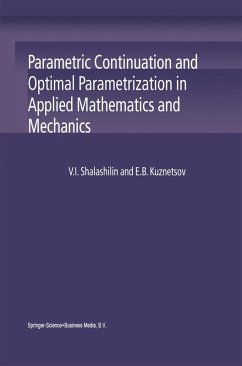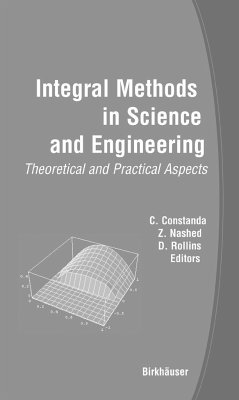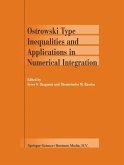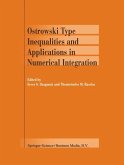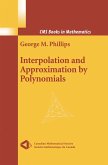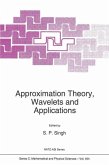A decade has passed since Problems of Nonlinear Deformation, the first book by E.I. Grigoliuk: and V.I. Shalashilin was published. That work gave a systematic account of the parametric continuation method. Ever since, the understanding of this method has sufficiently broadened. Previously this method was considered as a way to construct solution sets of nonlinear problems with a parameter. Now it is c1ear that one parametric continuation algorithm can efficiently work for building up any parametric set. This fact significantly widens its potential applications. A curve is the simplest example of such a set, and it can be used for solving various problems, inc1uding the Cauchy problem for ordinary differential equations (ODE), interpolation and approximation of curves, etc. Research in this area has led to exciting results. The most interesting of such is the understanding and proof of the fact that the length of the arc calculated along this solution curve is the optimal continuation parameter for this solution. We will refer to the continuation solution with the optimal parameter as the best parametrization and in this book we have applied this method to variable c1asses of problems: in chapter 1 to non-linear problems with a parameter, in chapters 2 and 3 to initial value problems for ODE, in particular to stiff problems, in chapters 4 and 5 to differential-algebraic and functional differential equations.
Bitte wählen Sie Ihr Anliegen aus.
Rechnungen
Retourenschein anfordern
Bestellstatus
Storno

